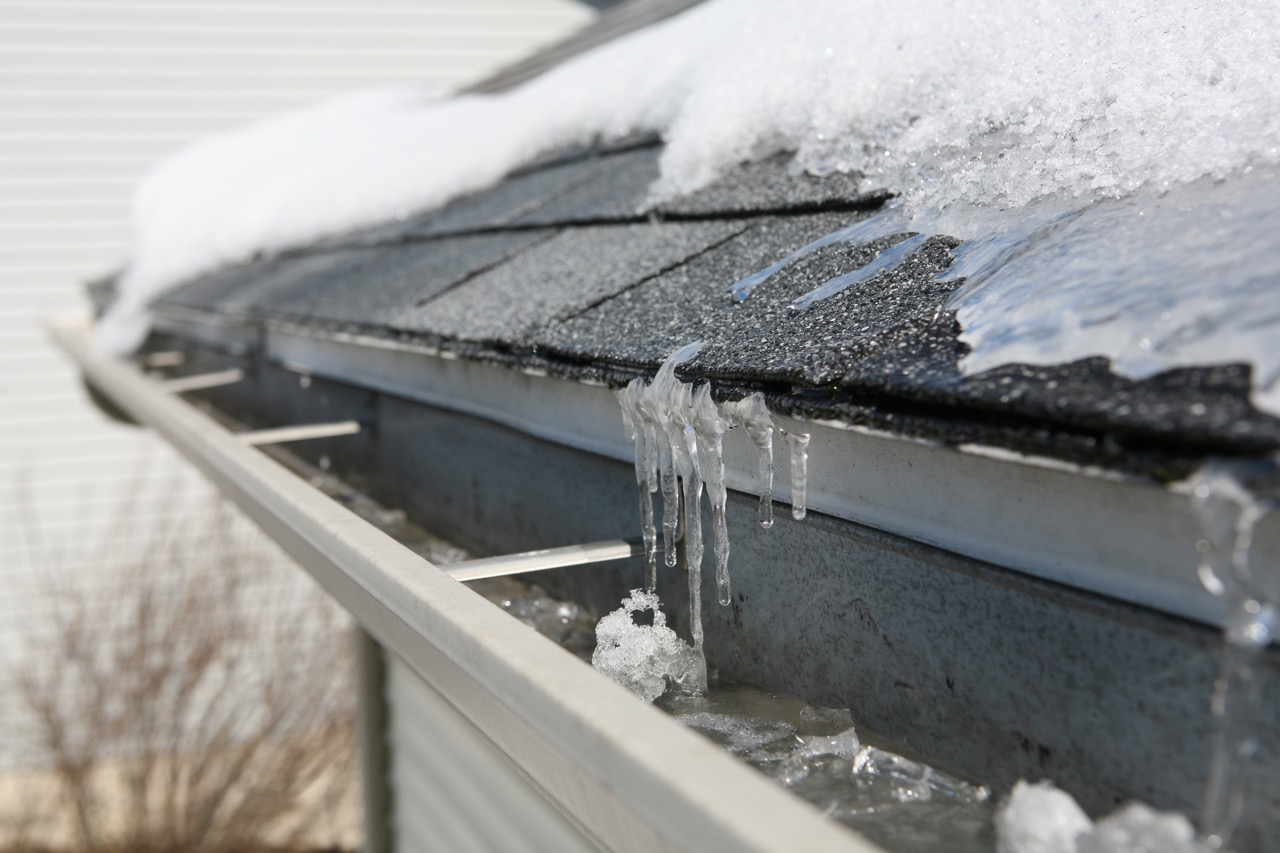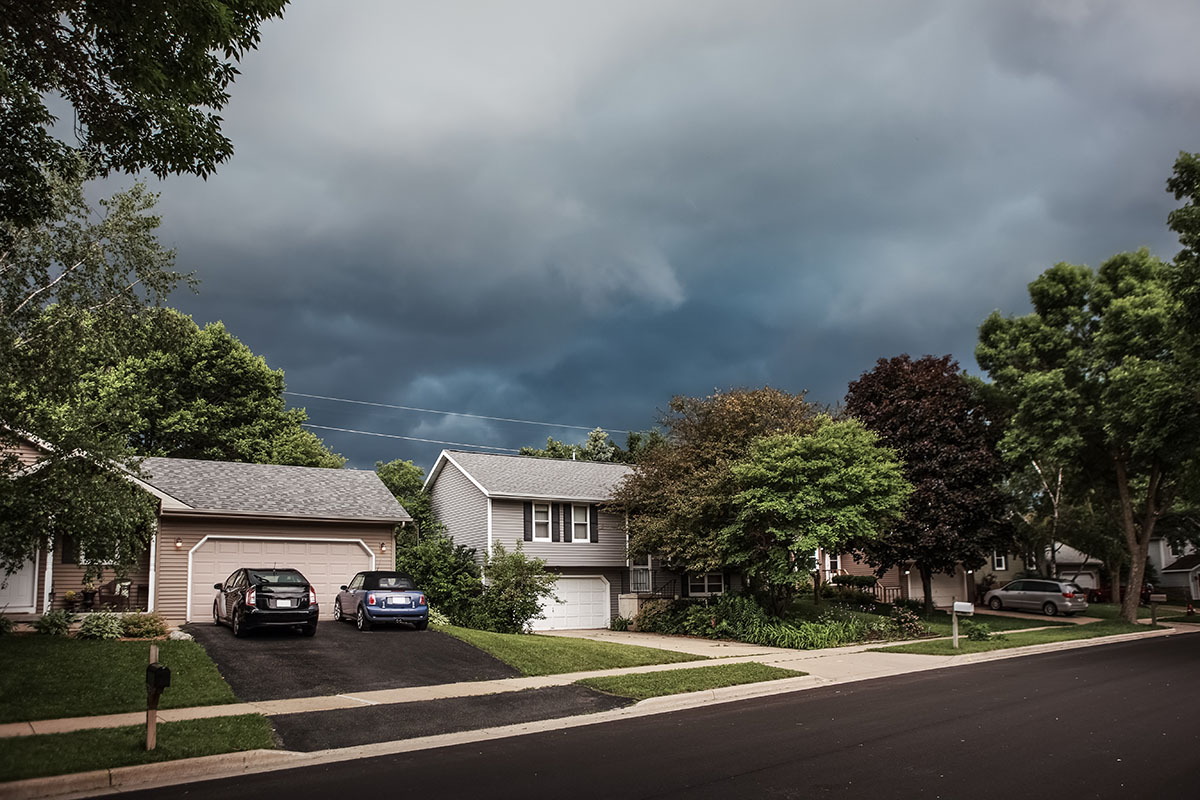Summary
As Chicagoland homeowners, we face freezing winters and humid summers. Discover how R-Value affects your home's energy efficiency. See how windows, siding, and roofing impact insulation performance.
- R-value measures how well your home resists heat loss, which directly affects comfort and costs.
- Energy-efficient windows with low U-factors can significantly improve insulation performance.
- Properly installed siding keeps insulation dry and effective, even in harsh Midwest weather.
- Roofing materials, attic insulation, and ventilation must work together to protect the R-value.
- Small exterior upgrades can enhance efficiency, reduce bills, and increase the value of Chicagoland homes.
At Muller Exteriors, Inc., with our 40 years of experience, we've been the trusted choice for Chicagoland homeowners looking to stay cozy and save energy. The R-value is a term often heard in relation to energy-efficient homes in Illinois. If you're wondering what it means and how your windows, siding, and roofing affect it, you're in the right place.
What Is R-Value in Insulation?
R-value is like a cozy blanket for your house, preventing heat from escaping in winter or sneaking in during summer. The thicker the blanket (higher R-Value), the better it keeps your home's temperature steady. A good R-value is crucial for Chicagoland homeowners seeking to lower their energy bills, particularly those facing freezing winters and humid summers.
Here's the deal:
• Fiberglass insulation gives about R-3.5 per inch. A 4-inch layer? That's R-14.
• Spray foam packs a punch at R-6 to R-7 per inch.
• In Northern Illinois, attics often need R-49 to handle those frigid winters, while warmer areas might get by with R-30.
But insulation isn't the whole story. Your windows, siding, and roofing have a significant impact on the performance of your insulation. Let's see how.
How Windows Affect Your Home's R-Value (and U-Factor Explained)
Windows can be a weak link in your home's insulation game. Windows are rated by U-factor, which is the opposite of R-Value—it shows how easily heat flows through. A lower U-factor means better insulation, keeping your home cozy in Illinois winters.
• Single-pane windows (common in older homes) have a U-Factor of about 1.0, which is only R-1. That's like wearing a thin T-shirt in a snowstorm!
• Double-pane windows with low-emissivity (low-E) coatings and argon gas can hit U-0.25 to U-0.35, or R-3 to R-4. That's much better for energy efficiency.
At Muller Exteriors, we recommend upgrading to Energy Star-rated windows with low U-Factors for Chicagoland homes. Old, drafty windows lower your home's R-value and increase your heating bills. Switching to double- or triple-pane windows can make a huge difference.
Does Siding Improve R-Value? What Homeowners Should Know
Siding protects your home against wind, rain, and Midwest hailstorms. By itself, it doesn't add much R-Value—standard vinyl or wood siding is around R-0.5 to R-1. Even insulated siding, with foam backing, only reaches R-2 to R-4.
But here's why siding matters: it protects your insulation. If water or air seeps through gaps in poorly installed siding, your insulation becomes soggy and loses its R-value. Metal siding can also let heat slip through if not paired with a barrier, such as foam board.
Our team at Muller Exteriors always uses high-quality siding and weather barriers (like housewrap) to keep your insulation dry and effective. For Northern Illinois homeowners, tight siding installation is crucial to maintaining your home's R-value during harsh weather conditions.
Roofing Materials, Attic Insulation, and R-Value
Your roof is like your home's hat, protecting it from sun, snow, and rain. Roofing materials, such as metal or asphalt shingles, typically have low R-values, ranging from R-0.1 to R-1. The real insulation power comes from your attic's insulation, like fiberglass or cellulose.
But your roof still impacts R-Value:
• Dark roofs soak up heat, making your attic hotter and forcing insulation to work harder.
• Reflective roofs (like metal or "cool" shingles) bounce heat away, helping insulation do its job.
• Ventilation is key. Poorly vented roofs trap moisture, ruining insulation and dropping its R-Value.
We've seen Chicagoland attics with damp insulation due to insufficient ventilation, resulting in higher energy costs. At Muller Exteriors, we pair reflective roofing and proper vents with high R-Value insulation to keep your home energy-efficient.
Why It Matters for Chicagoland Homeowners
A high R-Value means a cozier home and significantly lower energy bills. Still, windows, siding, and roofing are the unsung heroes. Leaky windows, sloppy siding, or a heat-absorbing roof can undo the hard work of your insulation. Every part of your home's exterior needs to work together in Illinois, where we face freezing winters and humid summers. The potential cost savings are a powerful motivator for these upgrades.
Here's our advice:
• Check your windows' U-Factor and upgrade to energy-efficient models.
• Choose durable, well-installed siding to protect insulation from Midwest storms.
• Opt for reflective roofing and good attic ventilation to boost insulation performance.
For specific R-value needs, refer to this guide from Energy Star for additional information on regions and detailed breakdown for recommended R-Value across the United States. At Muller Exteriors, we've helped thousands of homeowners improve the energy efficiency of their homes with expert exterior upgrades .
Ready to Boost Your Home's R-Value?
If you're in the Chicagoland area and want to see how windows, siding, or roofing upgrades can improve your home's R-Value, rest assured that Muller Exteriors, Inc. is committed to providing the highest quality service. Contact us today for a free inspection. Let's make your home cozier and your energy bills lower!







